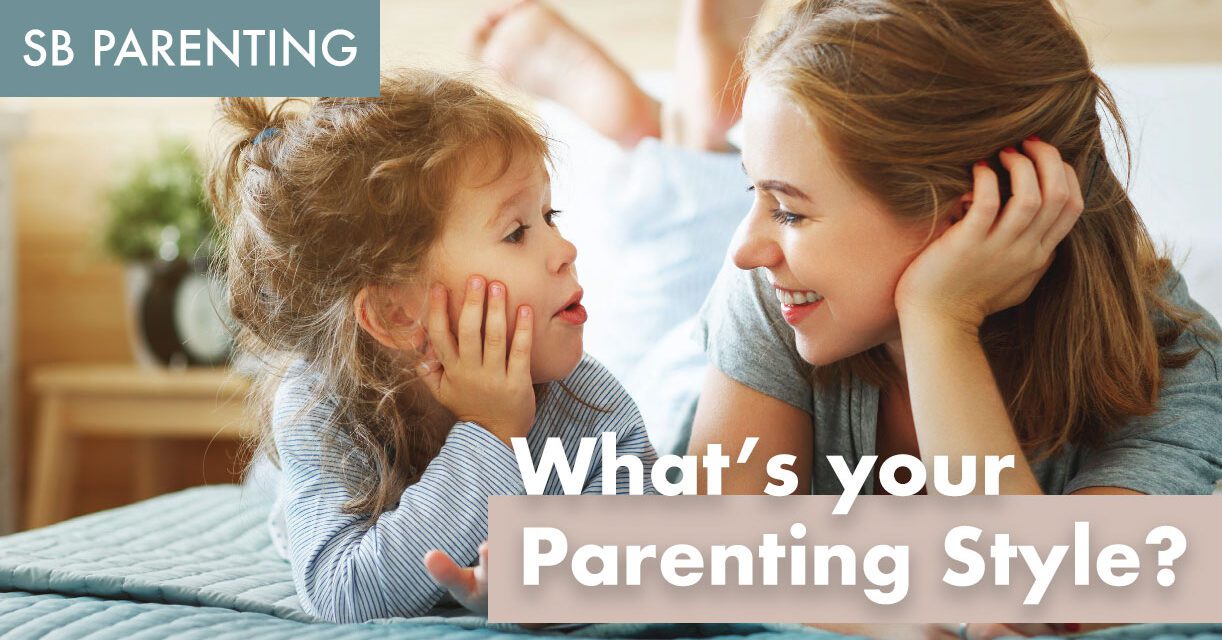BY URSULA BRANTLEY
Every child is different, every parent is different, and every environment is different, so every parenting journey will differ from home to home.
In an article published in the StatPearls Online Medical Journal, authors Terrence Sanvictores and Magda D. Mendez explain how cultural backgrounds can influence how the family unit exists and how children are raised. Other things that impact child rearing are socioeconomic status and single parent families. It’s true that children can grow to be great in a variety of environments, but data proves that children raised in healthy two parent homes are more likely to reach greater heights that children raised in single parent homes or broken two parent homes. Children begin to develop their morals, worldview, and codes of conduct right in their own homes. They watch their families, they observe their environment, and then they typically become what they’ve learned.
Research by Berkeley Developmental Psychologist Diana Baumrind back in the 1960s identified various parenting styles, and her research was refined in the 1990s by Stanford researchers Eleanor Maccoby and John Martin. There are four parenting styles: authoritarian, permissive, authoritative, and neglectful/uninvolved. Parents may fall in line with one style or a blend or more than one.
Here are descriptions of each parenting style as well as informative takes on how children reared within each parameter is impacted.
👤 AUTHORITARIAN
The authoritarian parent is the disciplinarian. They don’t stand for back talk, questioning, or anything along those lines. A CNBC report describes these parents as extremely strict and having little consideration for their children’s feelings, social-emotional or behavioral needs. Authoritarian parents tend to say the phrase “because I said so” quite often. There is little communication with their children and when communication is present it’s very one-sided.
Children reared in an authoritarian household are more well behaved because they know that the consequence for misbehaving is punishment. They know how to avoid punishment and get the task done. Children reared in the authoritarian parenting style can be shy, socially incompetent, and unable to make their own decisions.
👤 PERMISSIVE
The permissive style of parenting is generally seen as the ‘anything goes’ parenting style. With this style of parenting, the parent communicates openly with their children and allows them the opportunity to make decisions for themselves, as opposed to parents making decisions for them. They are warm and loving parents, but they rarely establish boundaries or tell their children ‘no.’ Permissive parents go above and beyond to keep their children happy. They will do and allow almost anything as long as their kids get their way.
Children raised within a permissive environment have little to no rules enforced, which can lead to being impulsive, rebellious, or having a lack of self-control among other things, according to the American Psychological Association (APA).
👤 AUTHORITATIVE
Authoritative parents often see their home almost like a democracy. They listen to their children’s views and opinions, but the final decision is made by the parent and in the best interest of everyone. The CNBC report described authoritative parents as those who set clear rules and expectations for their children while practicing flexibility and understanding. Authoritative parents attempt to use situations as a learning opportunity. They explain the ins and outs of everything so that their children know why certain rules are in place or why things are the way that they are. They want their children to understand themselves and the world around them.
Children reared with an authoritative parenting style are more likely to be curious and cooperative, to have self-control, and to be achievement oriented, says the APA.

image: Freepik.com
👤 NEGLECTFUL/UNINVOLVED
Under the neglectful or uninvolved parenting style, children basically raise themselves. These parents literally don’t care or place other priorities above their children. Neglectful or uninvolved parents offer little to no guidance or attention. They regularly ignore their children or even push their children off on other people or things. These types of parents may provide their child’s basic needs, but anything above that isn’t a concern.
Children reared by uninvolved parents are described in the StatPearls Journal article as being resilient and more selfsufficient than children with other types of upbringings. They might also have trouble controlling their emotions, possess less effective coping strategies, may have academic challenges, and may have difficulty with maintaining or nurturing social relationships.
WHICH ONE ARE YOU?
Which parenting style do you most identify with? Or do you have a blend of more than one style? Does your parenting style meet the needs of your child? It’s never too late to incorporate new strategies if you want to make changes to your parenting style.









